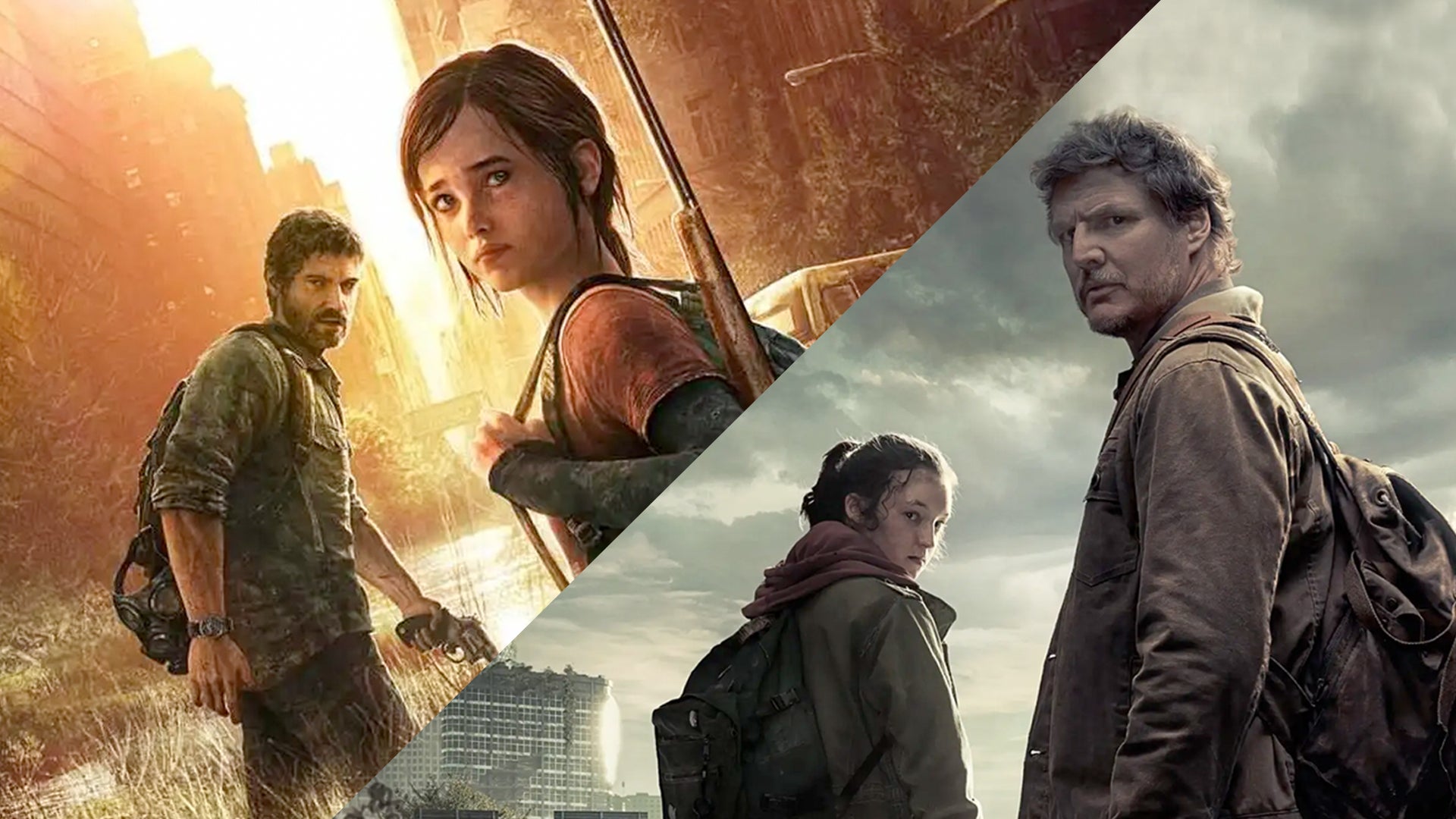As many video game fans know, adaptations of beloved properties into TV shows or movies are often a mixed bag. When they’re animated, they tend to do better. But when it’s live-action? It’s a lot more miss than hit. However, in recent years, things have changed, with the pinnacle being the adaptation of The Last of Us for HBO. The show was so great that it was recently nominated for 24 Emmys, including for acting, directing, and more. But now that we’ve “sat” with both properties for a while, which did it better?
This The Last of Us Comparison will hopefully illuminate things for you on my end.
Yes, I am putting up “spoilers” for the game and TV show because I’m doing a deep dive for both. I even rewatched the TV series and replayed the game just to ensure I had everything fresh. So if you have missed watching/playing one or the other, stop here! If you’re good, let’s begin.
To navigate the article, just click on the slider arrows, or if you’re using a smartphone, tablet, or any touch-enabled screen, you can also swipe.
[masterslider id=”570″]


